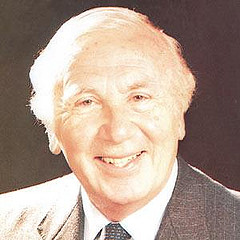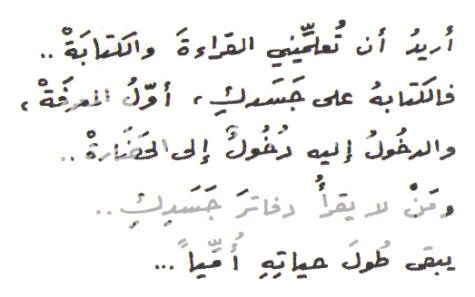

Through an analytic-descriptive method, different types of deviation have been analyzed in present essay on the basis of Leech's theory in the poems of the Syrian well-known contemporary poet, Nizar Qabbani, published in his work "Kitab al-hubb" (Book of Love). He has distinguished eight different types of deviation in a literary work. Geoffrey Neil Leech (1936-2114), the English linguist, believes that de-familiarization in literary language is put in to effect in two ways of "foregrounding" and "deviation".


Its usage, as an expressional technique (or somehow trick) can lead speech in to dynamicity and makes the audience to pay more attention to the text. This is an effective method to foreground matters in a literary work that can be easily defined as departure from normal and standard language. Boulder, Colo.: Lynn Rienner, 1999.Deviation is one of the techniques Russian formalists discuss in their criticism theories.
#Nizar qabbani poems in arabic full#
In 1994, he was awarded the Oweiss Prize for Cultural Productivity in the United Arab Emirates.Īrabian Love Poems: Full Arabic and English Texts. Kabbani’s work has been translated into Spanish, French, Italian, Persian, and English. In today’s pop music scene, Iraqi icon Kazem al-Saher has acquired rights to sing many of Kabbani’s poems. Many Kabbani poems were adopted as song lyrics by some of the most popular figures in Arabic music so that his words continue to be heard through song. During his lifetime, his readings drew crowds in the tens of thousands. Kabbani wrote more than 50 books of poetry as well as several volumes of essays and one drama, a political satire. When he died, his body was flown back to Damascus for burial, as he had requested in his will. In 1997, a street was named after him in his old neighborhood in Damascus. When Balqis was killed at her office in a Beirut bombing in 1981, he publicly mourned her in several anguished poems.Īfter her death, Kabbani left the Arab world for Europe, living in Geneva, Paris, and London, where he settled down to a life of exile. The poem “I Bear Witness That There Is No Woman But You,” for example, provocatively turns the Muslim testimony of faith in one God into a testimony of a man’s love for one woman. Kabbani wrote some of his finest poetry of love and sensuality in the 1970s. The handsome poet-he was nicknamed “the blond rebel”-and the beautiful woman who was his muse captivated public attention. His poem,”Choose,” was widely considered by the Arabic reading public to be Kabbani’s marriage proposal to Balqis. Kabbani married again, this time to an Iraqi schoolteacher, Balqis al-Rawi. He was posted in Egypt, Turkey, Britain, Lebanon, Spain, and China before he resigned in 1966 and moved to Beirut, where he established his own publishing company.įrom a brief early marriage in Syria, he had two children, one of whom died in a car accident as a young man Kabbani eulogized him in poetry. Kabbani graduated from the University of Damascus with a law degree in 1945 and joined Syria’s diplomatic corps. He also wrote strident poems against Israeli and American policies toward Arabs, such as the poem “I Am a Terrorist” in which he says that Arab men are labeled terrorists by the Western media for defending their homes and their people’s dignity. His most scathing poetic attacks, such as “Scribblings in the Margins of the Notebook of Defeat,” are aimed at repressive Arab governments that curtail the human rights of the Arab peoples. His poetry conveys deep Arab pride as well as sharp criticism of many aspects of Arab life and culture, such as the sexual double standard for men and women.

In the 1980s, Kabbani wrote three volumes of poetry, titled “Trilogy of the Children of the Rocks” (1988), celebrating the teenage rebels of the Palestinian intifadah. He saw himself as a champion of women’s liberation and sexual freedom. In 1954, the Syrian parliament considered demoting him from his diplomatic post for the disrespect to religion some found in his poem, “Bread, Hashish, and the Moon,” but the motion failed.Īt the height of his literary career, from the 1950s to the 1970s, Kabbani, often writing in a female voice, expressed the joys of love and eros for a generation of men and especially women. Kab-bani’s poetry often incites rebellion against what he saw as repressive political and social mores. He immediately gained fame for his bad-boy erotic daring and his “hip” language that expressed Arabic youth culture. Born in Damascus, Syria, to a respected middle-class Muslim family, Kabbani published his first volume of poetry in 1944.


 0 kommentar(er)
0 kommentar(er)
